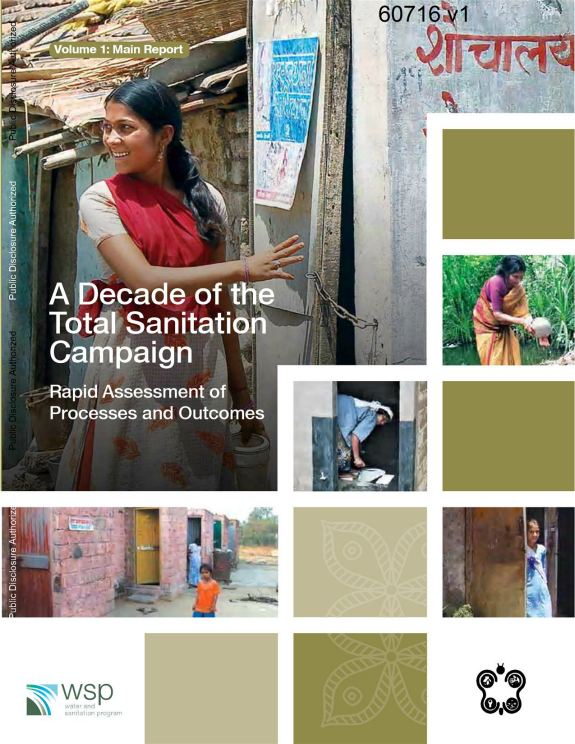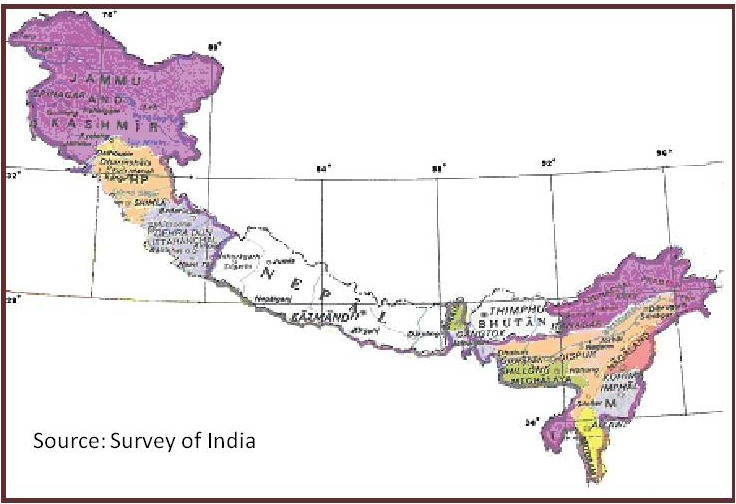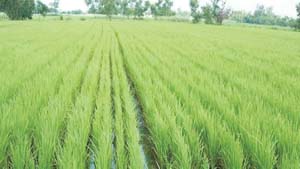Society, Culture, Religion and History
Water poverty in urban India - A study of major cities - A seminar paper - Tata Institute of Social Sciences
Posted on 05 Nov, 2011 12:02 PMThis seminar paper submitted for the UGC Summer Programme at the Jamia Millia Islamia University describes the findings of a study that explored the quantity of water used in domestic households vis-à-vis the recommended quantity of water consumption in seven major Indian cities, n
Advancing development - Towards sustainable livelihoods - Madurai Symposium - DHAN Foundation - September 14-18 ( 2011)
Posted on 04 Nov, 2011 08:47 AMThe Madurai Symposium organised by the
Water data at your fingertips !
Posted on 02 Nov, 2011 11:21 AMThe Data Finder aims to bring together all water data from all over the web and put them in one convenient searchable tool so you can use it for any projects you are working on.
A decade of the Total Sanitation Campaign - Rapid assessment of processes and outcomes - A report by the World Bank
Posted on 01 Nov, 2011 10:07 PM This report by the Water and Sanitation Program (WSP), The World Bank analyses primary and secondary data from the Total Sanitation Campaign (TSC) of the Government of India, which has been in operation for over a decade (1999 to date).
This report by the Water and Sanitation Program (WSP), The World Bank analyses primary and secondary data from the Total Sanitation Campaign (TSC) of the Government of India, which has been in operation for over a decade (1999 to date).
The audience for this report includes policy-makers and implementers at national, state and district levels, and the broader sanitation and hygiene community. The report aims at gaining an understanding of the processes, outputs and outcomes of the campaign at a national level and across the states as compared with the inputs that have gone into the program.
The report draws on these indicators, which are then compared individually and in combination to benchmark the states, to understand the relative performance of the states. This benchmarking, based on a combination of eight indicators, is undertaken for both states and districts across the country.
Problems of hill states and hill areas and ways to ensure that they do not suffer in any way because of their peculiarities - Report of the Task Force - Planning Commission
Posted on 01 Nov, 2011 09:37 PMThis report by the Task Force, constituted by the Planning Commission, Government of India in April, 2008, is an outcome of the need expressed by the Prime Minister of India for a fresh analysis of the problems of the hill states and hill areas of the country in a manner that suggests that these areas do not suffer in any way on account of their peculiarities.
Opinions have been expressed that the pace of development of the Indian Himalayan Region (IHR) has been slow when compared to the rest of the country. At the same time, its fragile nature and difficulty of taking up conventional development initiatives has not been appreciated. In this report, arguments have been presented recommending reshaping of policies to bring in the “mountain perspective” for the IHR, in the national planning. Emphasis has also been laid on developing norms for good governance and for harnessing social capital at the grassroots.

Zero tillage in the rice-wheat systems of the Indo-Gangetic plains - A review of impacts and sustainability implications by IFPRI
Posted on 31 Oct, 2011 06:49 PM This paper by the International Food Policy Research Institute (IFPRI) reviews the success of zero-tillage wheat in the rice-wheat systems of the Indo-Gange
This paper by the International Food Policy Research Institute (IFPRI) reviews the success of zero-tillage wheat in the rice-wheat systems of the Indo-Gange
Equity and inclusion in sanitation and hygiene in South Asia - A regional synthesis paper - WSSCC, UNICEF and WaterAid
Posted on 31 Oct, 2011 03:31 PMThis working paper by the Water Supply and Sanitation Collaborative Council (WSSCC), UNICEF and WaterAid highlights the fact that a staggering 716 million men, women and children defecate in the open every day, in South Asia, contributing to the most appalling concentration of poverty and disease and the poorest standards of hygiene in the world.
Deciphering environmental flows - An article in Seminar magazine - Jayanta Bandyopadhyay
Posted on 30 Oct, 2011 10:45 AMAuthor: Jayanta Bandyopadhyay
This article published in the Seminar 626, October 2011 argues that our current state of knowledge of water systems and ecological modelling related to flows of water, which includes projecting a single quantitative figure of water requirements, is inadequate. Such a unilateral prescription of environmental flows or water requirements of aquatic systems as a method for the resolution of water conflicts may actually become the source of many new conflicts.
Sanitation in India: Progress, differentials, correlates and challenges – A report by ADB
Posted on 30 Oct, 2011 08:14 AMThis report by Asian Development Bank (ADB) deals with sanitation in India, in particular the progress, differentials, correlates, and challenges. Improved sanitation is essential to reduce ill health, child mortality, lost income associated with morbidity, and to improve environment, human dignity, and quality of life. Goal 7, target 3 of the Millennium Development Goals (MDGs) stipulates decreasing the proportion of population without sustainable access to basic sanitation by 50 per cent in the year 2015.
Where and how is the state - Accessing water and the state in Mumbai and Johannesburg - Journal of Asian and African Studies
Posted on 29 Oct, 2011 05:28 PMThis paper published in the Journal of Asian and African Studies examines the argument that the political and institutional contexts of service delivery shape people's access to the state and its resources and also the mediation between citizens and g





